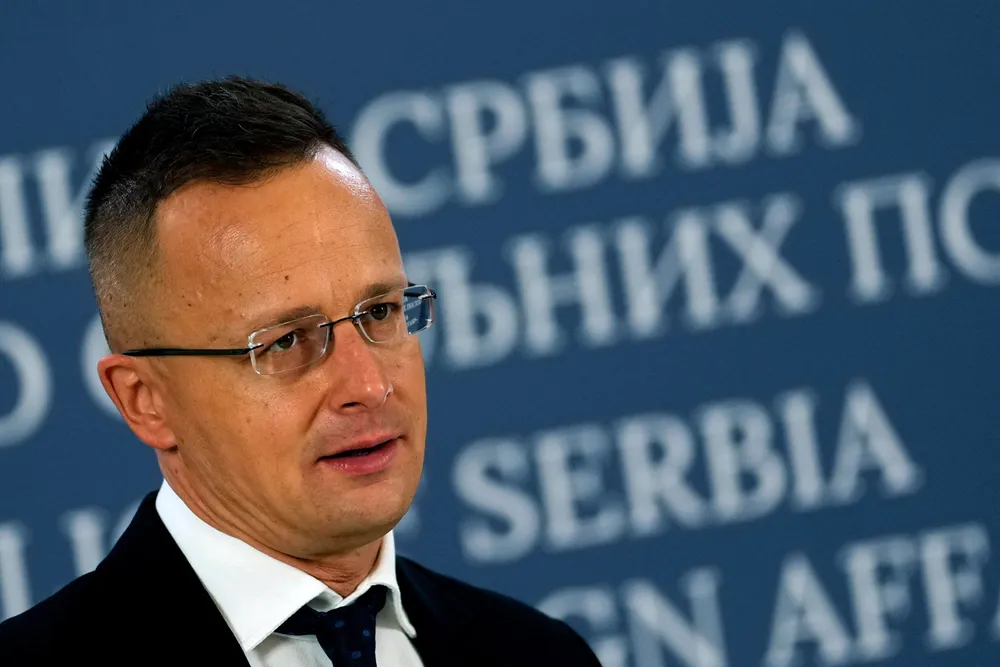Hungary strengthens energy ties with Russia and Serbia
Budapest appears to have received preferential treatment from Gazprom for opposing European sanctions against Russia and its corporations

Budapest appears to have received preferential treatment from Gazprom for opposing European sanctions against Russia and its corporations
